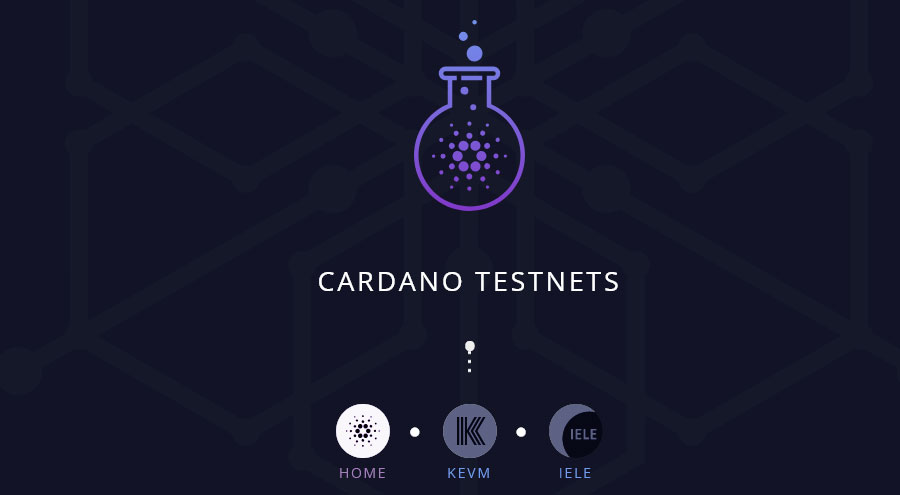IOHK, the blockchain research, and development company behind the Cardano blockchain cryptocurrency today announced the launch of the testnet for the IELE virtual machine. This technology is the next step in the Cardano roadmap for smart contract development and will allow developers to learn and hone their skills before launching their programs on the Cardano mainnet.
The highly scalable IELE virtual machine offers a more robust and reliable infrastructure for the creation of smart contracts, compared to other technology on the market. IELE facilitates enterprise smart contract adoption on the Cardano platform by providing secure financial infrastructure fit to carry high value.
The IELE testnet was launched in partnership with Runtime Verification (RV), a technology research and development startup based at the University of Illinois at Urbana-Champaign (UIUC). The formal verification techniques developed by RV eliminate some kinds of bugs, which have resulted in losses totaling hundreds of millions of dollars from poorly drafted smart contracts code. Over the past 15 years, RV has helped clients including Boeing, NASA, and Microsoft use these techniques to create secure, mission-critical software. The partnership with IOHK marked the first time these techniques have been brought to the blockchain industry.
The IELE virtual machine was custom-built for Cardano’s third-generation blockchain protocol. IELE will be the first smart contracts virtual machine to use formal semantics, which delivers improved security and performance for writing smart contracts. In addition, this approach opens the door for future support for a broad array of high-level programming languages, which marks an industry first for any blockchain-backed virtual machine.
Prof. Grigore Rosu, professor of Computer Science at UIUC and CEO of Runtime Verification said: “One of the driving forces behind the initial design of IELE was to facilitate the creation of more reliable and robust smart contracts and to prevent errors in code that can lead to large-scale hacks. IELE was designed from scratch using formal methods, following the same approach we previously used to formalize the KEVM semantics. The IELE virtual machine is generated from its formal semantics completely automatically, allowing no room for programming errors. With no gap between its formal semantics and implementation, IELE enables mathematical proofs of the accuracy and security of smart contracts. IELE smart contracts are also human readable, making them easy for businesses to adopt and use.”
Developers who write smart contracts in Solidity on the Ethereum virtual machine will be able to test the same contracts on the IELE testnet. This is achieved using a compiler that translates Solidity code into IELE. The IELE virtual machine ecosystem will eventually include compilers that facilitate the use of other high-level programming languages.
“Developers will have far better security and performance with smart contracts on Cardano, thanks to our work with Runtime Verification. I’m delighted to bring this technology into the industry as everyone benefits when blockchain matures into solid and dependable infrastructure people can trust, without fear of bugs or flaws.”
The launch of the IELE testnet follows the May 2018 release of the KEVM testnet, a correct by construction version of the Ethereum Virtual Machine (EVM), specified in the K framework. Also developed in partnership with Runtime Verification, the KEVM launch represented the first instance of a complete formal semantics of the EVM.
To access the testnet, visit testnet.iohkdev.io.






















